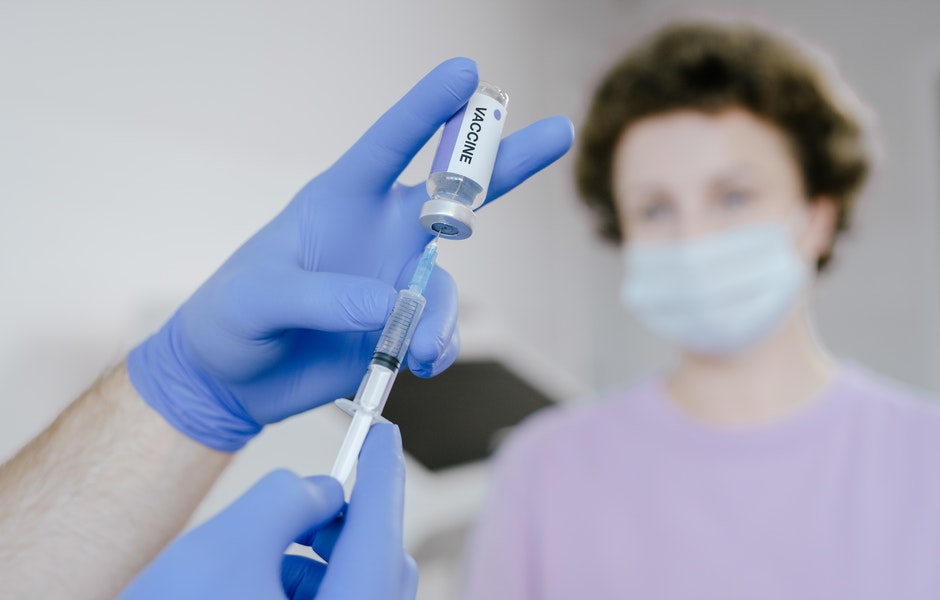Island and Isolation
Imagine you are left stranded on an Island. Everything you need for daily survival is at your disposal. All you have to work for is food, and the only source of food is a fruit. You have not eaten that fruit before and know nothing about it. Without giving it any second thought, you start looking for the fruit. You look around, failing to spot it. The only way to locate the fruit could be rummaging through the dense forest in the middle of the island. You think for a moment and make your way inland.
8 miles into the forest, you are shocked to find out that you are not alone! There is a large gathering of people circling two trees right in the middle of the forest. Overwhelmed by curiosity and hunger, you run towards them. They are unalarmed to see you. It seemed routine to them.
Although you could not spot it from afar, there are two groups of people. Both have a leader who is going on about why you should join them, in the middle of a deserted island!
You pinch yourself but, no, you are not dreaming.
The principal argument is about the fruit, unsurprisingly.
“Greetings friend! The fruit you have been looking for is here. Have it, and you will be alright”, says leader A. You are delighted and feel proud that you found the fruit on your own. Just as you are about to pluck the fruit, you hear leader B on the other side of the tree. “It's poisonous,” he says.
“What! What do you mean it’s poisonous?“
“You don’t need the fruit to survive on this island. Eat it, and you will die a slow death.”
You are perplexed, beads of sweat coming down your forehead. You knew nothing about the fruit yesterday and now this!
What do you do?
Covid-19 and Vaccines
Our world fell into a similar whirlwind when the ongoing pandemic began. Everything was shut down, and people were ordered off the streets. For quite a few months, we were living off government orders and following every bit of news and advice with extreme attention. Everyone was trying to act certain, but no one was. We were all only really guessing and probably, hoping that we were right.
During these uncertain times, it’s not unusual for a negative piece of news to travel like a wildfire, and so it did.
Although most of us recognize that the only way out through this pandemic is mass vaccination, there are bound to be skeptics among us, for a lack of a better term — anti-vaxxers. The argument put forward by some in the anti-vax community can’t be easily nullified as the long-term effects of the vaccine are yet to be seen and studied, and it justly raises worry and fear among some of us regarding the shot.
When someone with such high credibility as Micheal Yeadon, who has served as the vice president at drugs giant Pfizer Inc, speculated without providing evidence, that the vaccines could cause infertility in women, we were compelled to listen. Social media quickly spread exaggerated claims that COVID-19 jabs cause female infertility. In January, a survey by the Kaiser Family Foundation (KFF), a non-profit organization, found that 13% of unvaccinated people in the United States had heard that, “COVID-19 vaccines have been shown to cause infertility.”
Many others also put forward their vaccine theories in hope of recognition but Michael Yeadon stood out and managed to amass a huge following on social media. In late 2020, Michael Yeadon co-authored a petition to the European Medicines Agency, a regulator, to halt COVID-19 vaccine trials.
Graffiti on a shop in Belfast, Northern Ireland. Taken from REUTERS/Phil Noble
Although he gained a massive following, Micheal Yeadon was criticized heavily for his comments and claims, and some derided his views as nonsensical and dangerous. A group of Yeadon’s former Pfizer colleagues expressed their concern in a private letter as well. All of this forced him to close his Twitter account. His LinkedIn bio now reads — Fully Retired.
Anti-vax enthusiast Yeadon might be wrong, but some in the medical community still support him. Clare Craig, a British pathologist says, “Science is always a series of questions and the testing of those questions, and when we are not allowed to ask those questions, then science is lost.”
Can we be prepared for the next pandemic?
Barring few, no two pandemics are similar. It’s an enormous challenge to prepare for the next one. But, there’s hope.
The Microsoft co-founder has urged for billions of dollars in funding to construct a global alert system for emerging pathogens and build the capacity to respond fast in the annual letter from the Bill & Melinda Gates Foundation.
“We can’t afford to be caught flat-footed again,” Gates wrote. “To prevent the hardship of this last year from happening again, pandemic preparedness must be taken as seriously as we take the threat of war.”
Rich countries now need to double down on spending for research and development. There have been pandemic warnings in the recent past, but we did not take them seriously as the previous pandemic was a year ago. But now is the time to act quickly.
Although we can never be fully prepared for a pandemic as it brings with it a certain degree of uncertainty, researchers can work on the data available and plot the permutations possible in the future.
What do you think? Can we prepare for the next pandemic, or will that be a fruitless expedition? Share your views with our community of MMPeers.











